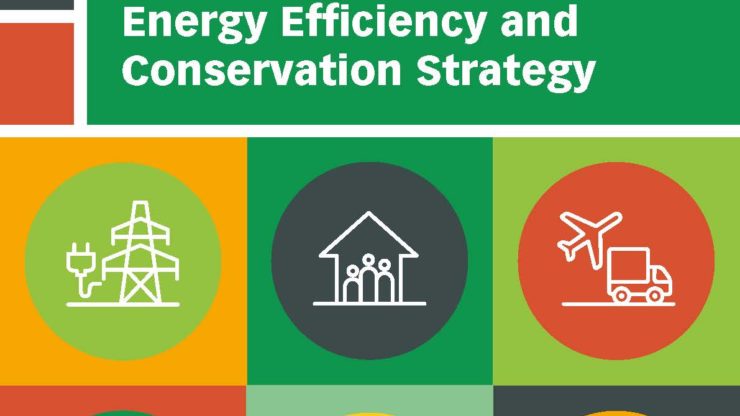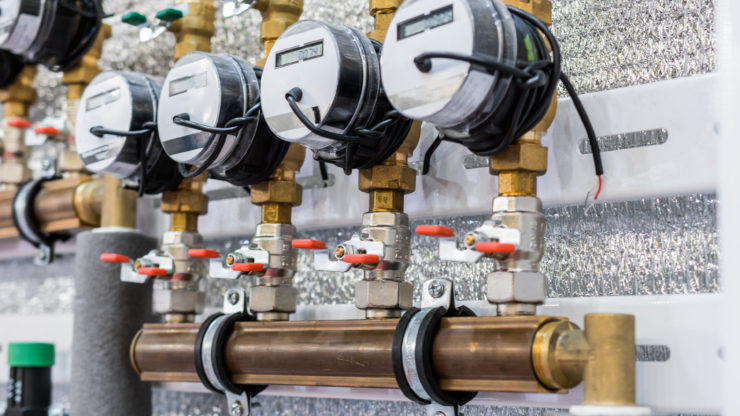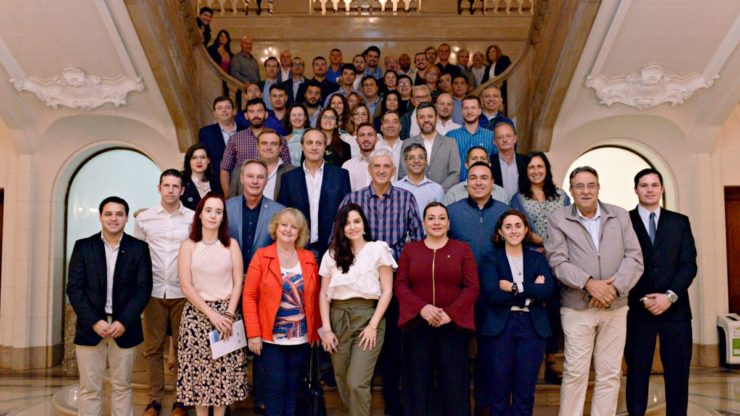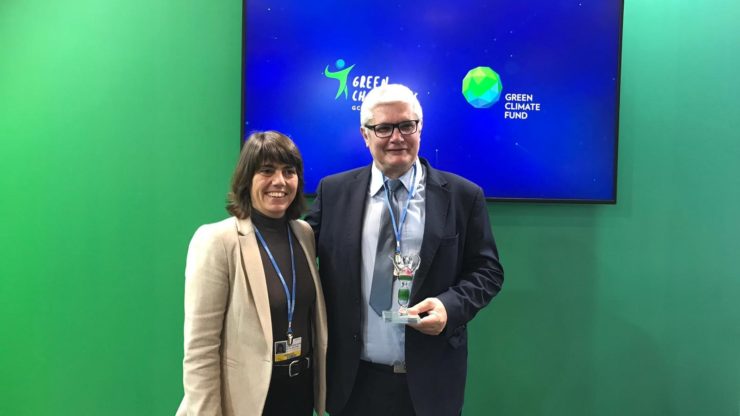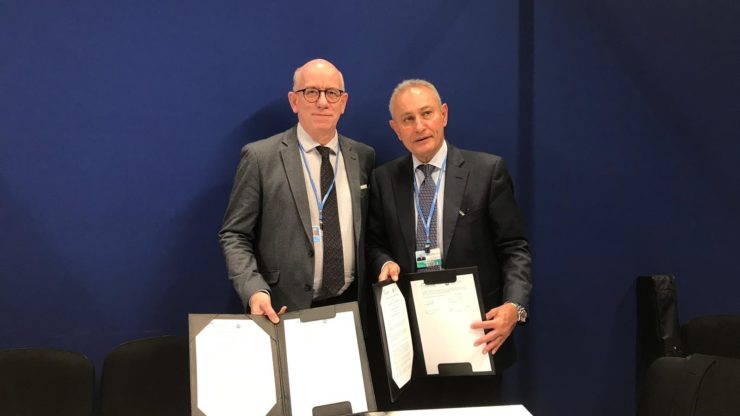UNEP DTU Partnership has entered into two new collaborations with universities in Latin America, cooperating on locally owned climate action initiatives. This is part of the partnership’s focus on a global exchange of knowledge with the aim to actively applying the shared knowledge in concrete projects.
The new collaborations will create positive synergies with already existing initiatives in Chile and Argentina, bolstering UNEP DTU Partnership’s efforts in converting research and data into practical solutions, focusing on scalability and replication.
Energy use in municipal buildings
UNEP DTU Partnership’s Copenhagen Centre on Energy Efficiency, and the centre’s long-time partner, the Argentinian Network of Municipalities Against Climate Change (RAMCC), has entered into a new collaboration lead by Universidad Nacional de La Plata, one of Argentina’s main universities.
The collaboration, titled Sustainable Energy in Municipal Buildings, aims to promote energy efficiency on a local level by setting up support programmes for local authorities, in order to design, finance and implement public policies.
The Copenhagen Centre on Energy Efficiency will provide technical support in the development of energy efficiency support tools and knowledge material.
Through the collaboration, municipalities in 10 Argentinian provinces will strengthen their institutional, legal and regulatory frameworks, and their energy efficiency implementation capacity, contributing to the targets set in Argentina’s Nationally Determined Contribution (NDC) to the Paris Agreement.
The collaboration with Universidad Nacional de La Plata is funded by the European Euroclima+ programme through the French development agency, AFD.
Educating on district energy
Adding another university to the list of UNEP DTU Partnership partners, the Copenhagen Centre on Energy Efficiency has also recently joined forces with the Universidad de la Frontera in Temuco, Chile.
For the past years, the City of Temuco has been working closely with the centre on advancing sustainable and energy-efficient solutions for district energy on municipal level. This work focuses both on the emissions reductions, linking to Chile’s NDC, and on the clear business case in district energy.
In collaboration with Universidad de la Frontera, the Copenhagen Centre on Energy Efficiency will add a new dimension to this ongoing effort, by supporting an education program for district energy.
Based on the role of the centre in the UNEP-led District Energy in Cities Initiative, the centre will provide lectures in several courses at the university focusing on energy efficiency and district energy.

